Senior Lecturer in Black and Community Geographies in the Department of Geography, Dr William Ackah’s academic specialism is around issues of religion and politics across the African diaspora. Here, we find out more about his work.
Where did your interest in Black diaspora and community development start?
My family came from Ghana to Britain in the 1960’s, and I was born in Walthamstow, East London – so my childhood took place in fairly multicultural setting. I went to Liverpool for university, and after that, went to live in Haiti for a year, to teach English. It was what I experienced there that had a profound impact on the shaping of my political and academic interests.
Haiti was the first independent Black Republic in the Western Hemisphere, the place where African descendents had thrown off the shackles of white supremacy. It was a place of inspiration but also a place of pain and suffering. I witnessed oppression and poverty based on years of corrupt governance, international neglect and the crazed absurdity that Haiti was paying France reparations. Seeing what was happening to my fellow African brothers and sisters made me recognise that when I came back to the UK I would want to undertake work to assist in restoring the legacies and improving the lived experiences of people of the African diaspora.
How did you begin to do that?
Back in the UK, I initially pursued a more academic vocation, studying for a Master’s in Pan-Africanism, which was all about linking the experiences of Black communities across the globe and looking at their relationships, their common points and differences. And that was the kind of work I then pursued in some shape or another, whilst living in the North West of England for several years.
I worked in a Black Community College, teaching students largely from Black communities in Liverpool, who had been failed by the school system and lacked confidence in their academic ability. It was really rewarding work. I taught them Black history and Black studies and saw how it helped build their self-esteem and confidence. I saw how in turn, that enabled many of them to get into Higher Education spaces – something that up until that point, many of them had felt wasn’t accessible to them.
After several years doing this, I moved into higher education, teaching Race Equality Studies at what’s now known as Edge Hill University. All the while, I was doing my PhD doctoral work in Government. Once that was complete, I came to Birkbeck, teaching about Community Development. It was similar work to what I’d always done: all about uplifting marginalised communities, encouraging thought about people whose stories and experiences get ignored and how they can be empowered to improve their own lives, to challenge unfair systems, and fight for equality and justice. That’s at the heart of what I do for Birkbeck, as the programme director for Community Development and Public Policy.
What else has influenced your work?
While in the USA in 2009, on a sabbatical, I interacted with some African American Scholars, including Drew Smith, a Professor of Urban Politics, looking at the impact of religion and politics on Black communities. We became good friends and found our interests overlapped and fed each other in very interesting ways. So, we formed, along with Rothney Tshaka from South Africa, the Transatlantic Roundtable on Religion and Race. This initiative brings together scholars of African descent with faith-based leaders, to think about how spiritual and religious connections can enable people to make a difference to improve the lives of people of African descent.
Then in 2016/17, I was a Fulbright Research Scholar, again in the US. I was looking at the city of Pittsburgh, urban revistalisation, and the impact that gentrification has on African American congregations and communities there. I’m currently writing that research up, then working on a broader book project that explores the idea of Black space. I make the argument that Black space matters, and that African descended people need our own geographical, cultural and spiritual spaces to resist patterns of erasure, of racism, of gentrification; patterns that have denied us space and in doing so, denied us the opportunity to be who we want to be.
What are you doing to help create Black space?
A lot of my work for both Birkbeck and the Transatlantic Roundtable on Religion and Race (TRRR) involves community building. With the TRRR, we hold international conferences, two of which have been hosted by Birkbeck, exploring African diaspora and faith. We also produce academic texts on various themes such as culture and spirituality across Africa and the African diaspora, Black churches and contesting multiculturalism, and most recently racialised healthcare in the context of Covid-19.
Community building is an important aspect of my academic and personal practice. During Covid, working with a group of Black Christians, we started an online space called ‘BlakPak’. It’s a two-pronged initiative. First, we interview prominent people in the Black community in Britain who have something to share with the wider community. It’s called BlakPak as a play on the word, backpack: what’s in your BlakPak? What’s your historical experience and understanding of life? What is it that you’ve drawn on and learnt that you can share with the wider community? We’ve had speakers like Margaret Busby, one of the first Black publishers in Britain, and Gus John, a leading Black academic and activist.
The second prong is an international dimension that we call ‘Critical Conversations’, where we bring together people from Britain with people from the US, the Caribbean and from the continent to have conversations around issues that we think are impacting us as a community globally. These might be about health, criminal justice systems, the state of Black womanhood and so on. The whole thing is targeted at ordinary people, the idea is to create a repository of Black wisdom, in the hope it can contribute to uplifting communities.
For me, it’s a win if people access this information, then go away and, in their sphere, think ‘let me go and make a difference’. Raising awareness and disseminating wisdom and conversations from community elders and experts is so important, because it can result in people taking tangible action.
More Information:
- Find events related to Black History Month at Birkbeck
- Find out more about studying in the Department of Geography at Birkbeck
- More on the Transatlantic Roundtable on Religion and Race


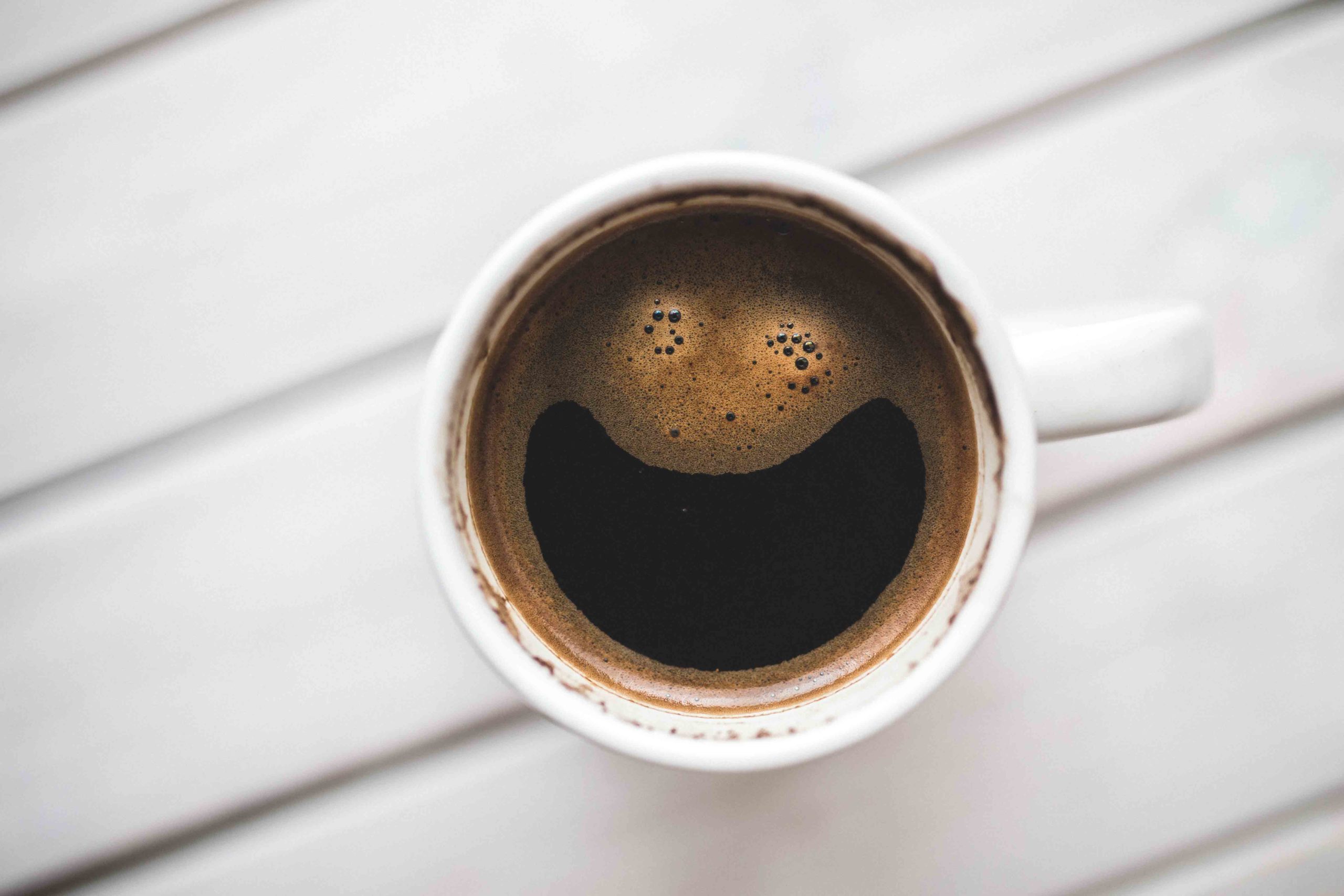
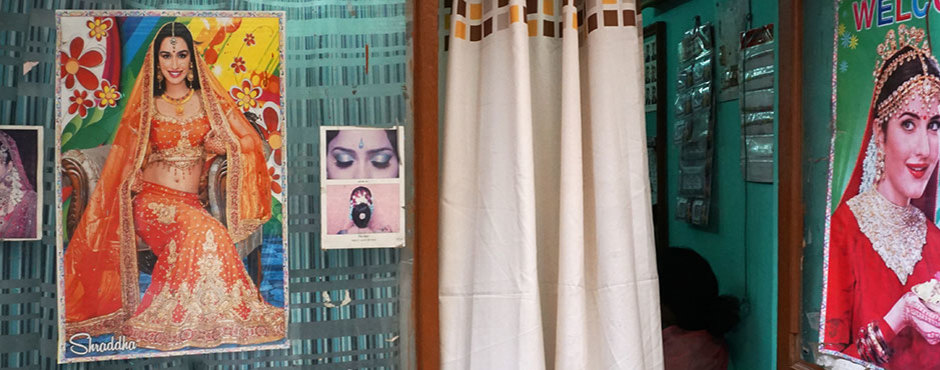
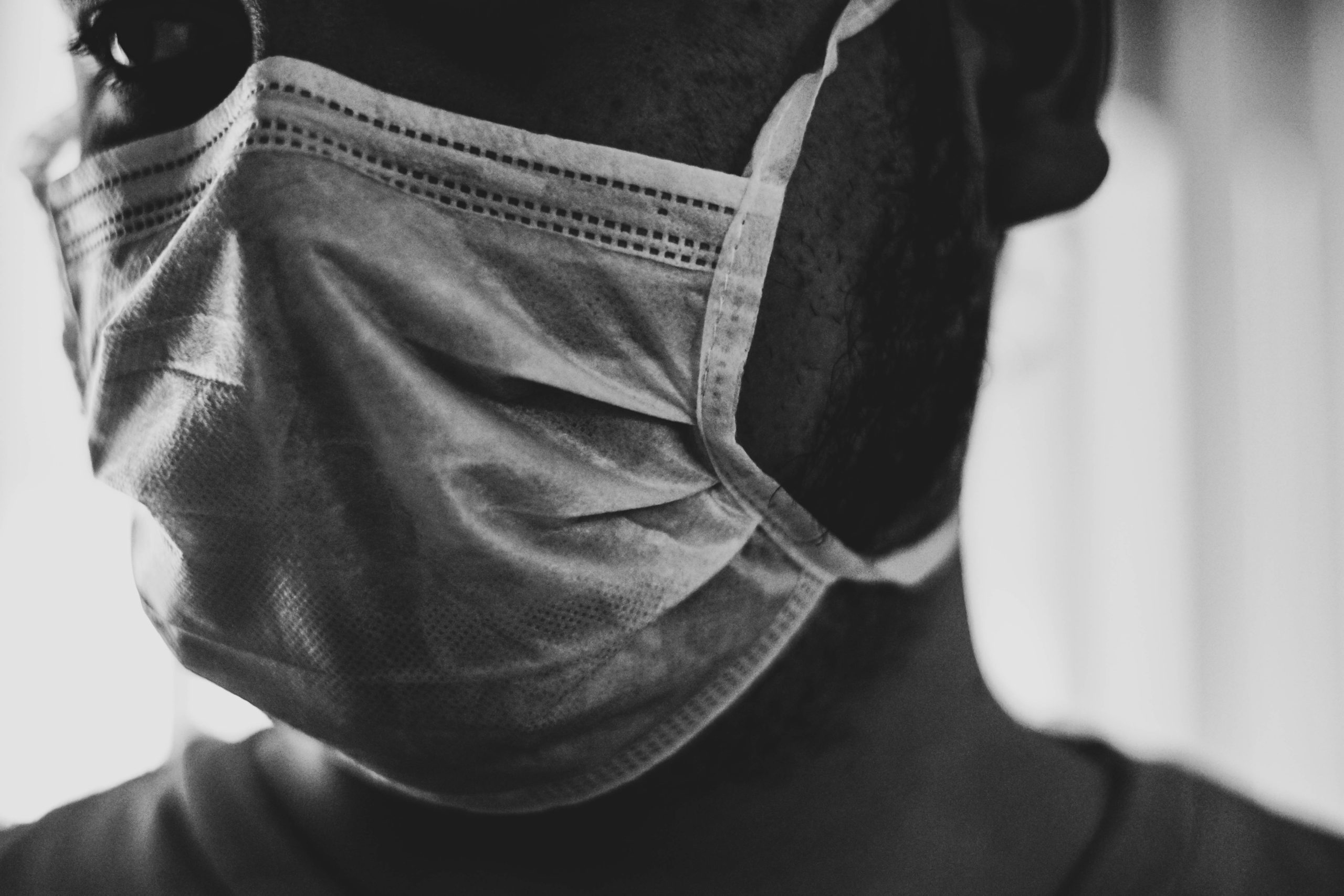

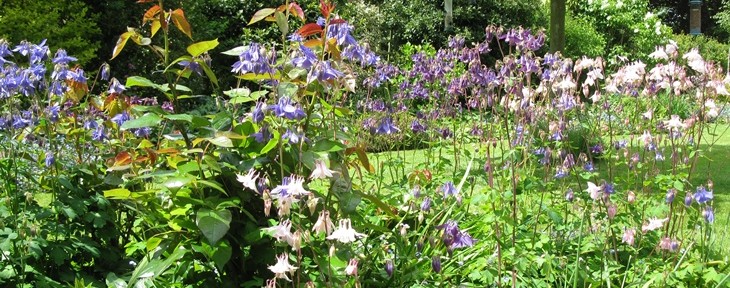
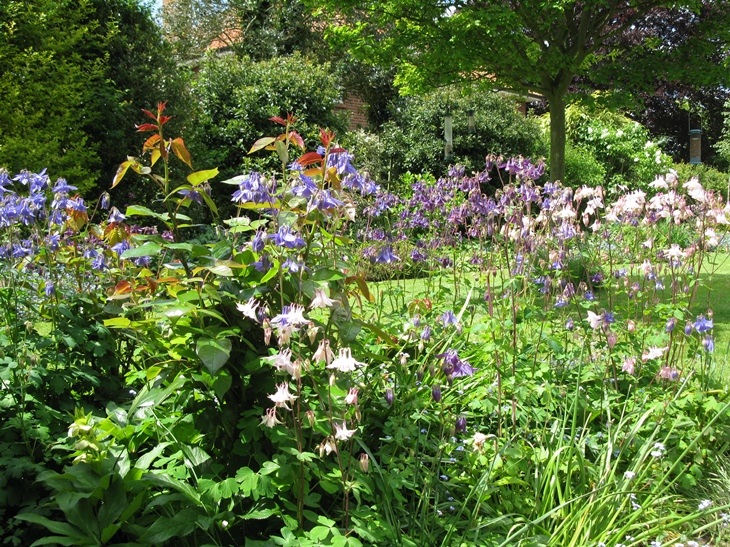 I started talking and listening to people from local government and the local community about what might be possible, and gathering a small team of volunteers. Most people understood that wildlife populations in Felixstowe were falling, and they wanted to help, but they simply did not know how. It also became clear that getting hold of a single plot of land for any kind of nature reserve project in the Felixstowe area would take too long, and would be too complicated.
I started talking and listening to people from local government and the local community about what might be possible, and gathering a small team of volunteers. Most people understood that wildlife populations in Felixstowe were falling, and they wanted to help, but they simply did not know how. It also became clear that getting hold of a single plot of land for any kind of nature reserve project in the Felixstowe area would take too long, and would be too complicated.